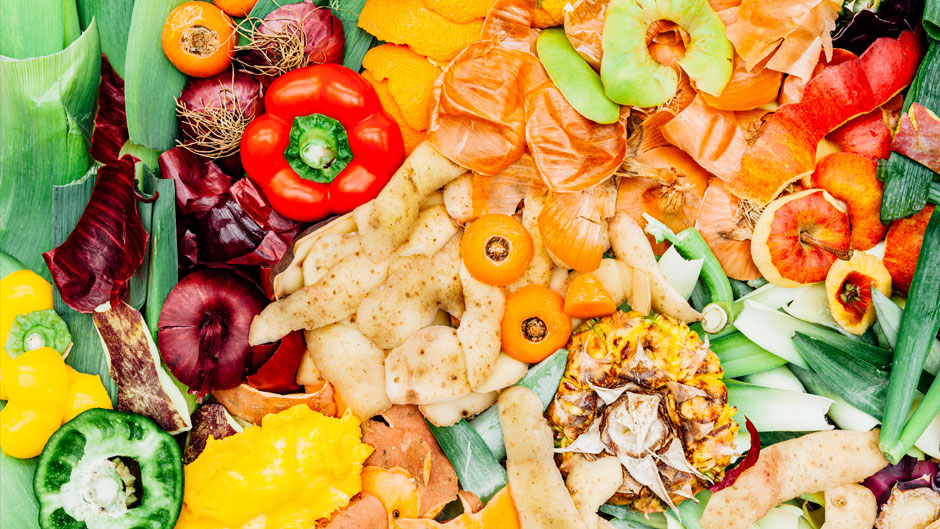On March 12-14, university and high school students from across the state of Florida will participate in the Food Future Hack to celebrate Florida Food Waste Prevention Week. The virtual hackathon challenges students to come up with innovative ideas to help solve the global food waste problem—it’s estimated that 30-40 percent of the United States’ food supply ends up as waste.
“By doing one simple thing, we are addressing three major issues,” said Lokesh Ramamoorthi, a lecturer in the University of Miami College of Engineering. He, along with Elaine Fiore, a sustainability teacher for elementary and middle schoolers in Broward County, and Teddy Lhoutellier, the sustainability manager at the University of Miami, came up with the idea to organize the hackathon.
Ramamoorthi cited the three issues as world hunger, environmental conservation, and personal economics. The food thrown out by one person or business could be dinner for someone else who goes hungry. Throwing away less food also means there will be less waste in landfills and less resources used to manufacture the food in the first place. And, he added, by buying more than we realistically consume, people waste money (a family of four can save $1,500 annually, according to the Food Future Hack website). “It’s a win-win-win solution to reduce food waste,” Ramamoorthi said.
While this is the first event of its kind for Florida Food Waste Prevention Week, examples of innovations already contributing to the cause include companies like Lovvett. The app, started by two University of Miami alumni, enables users to buy food that would have otherwise gone to waste at a discounted price from restaurants, cafés, bakeries, and grocery stores in Miami during specified time frames.
Ramamoorthi said he has noticed a newfound drive in his students to include sustainability in their curriculum and careers. “I’ve seen a shift in the mindset of students,” he noted. “Before they wanted to work for any company. But now I see more students who want to start their own companies with a social purpose. I want to encourage that.”
After attending a food waste conference in San Francisco in 2019, Fiore was instrumental in the creation of Florida Food Waste Prevention Week. She said that involving young adults is a vital aspect in raising awareness on the topic.
“Food waste is a solvable problem, and we need all hands on deck. We wanted to make sure that there was a space for our youth to come to the table and talk about solutions,” Fiore pointed out. “It gives students an opportunity to be a part of the solution. They’ll be able to help serve the community. And it’ll be fun, too.”
The hackathon is open to high school and university students, who can choose to focus on either the “Ideas” or “Technology” categories, depending on the nature of their concept. During the 48-hour virtual event, groups of three-five students from across the state will present their ideas to a panel of judges. While their proposals are being judged, a lineup of guest speakers will discuss food waste prevention and solutions.
Four prizes will be awarded: one for Best Ideas, another in the technology category, a third for Best Overall, and a fourth as a Popular Vote winner. Participation is free to students, and the deadline to register is Friday, March 5 at 5 p.m.
Visit https://www.foodfuturehack.com for additional information.

